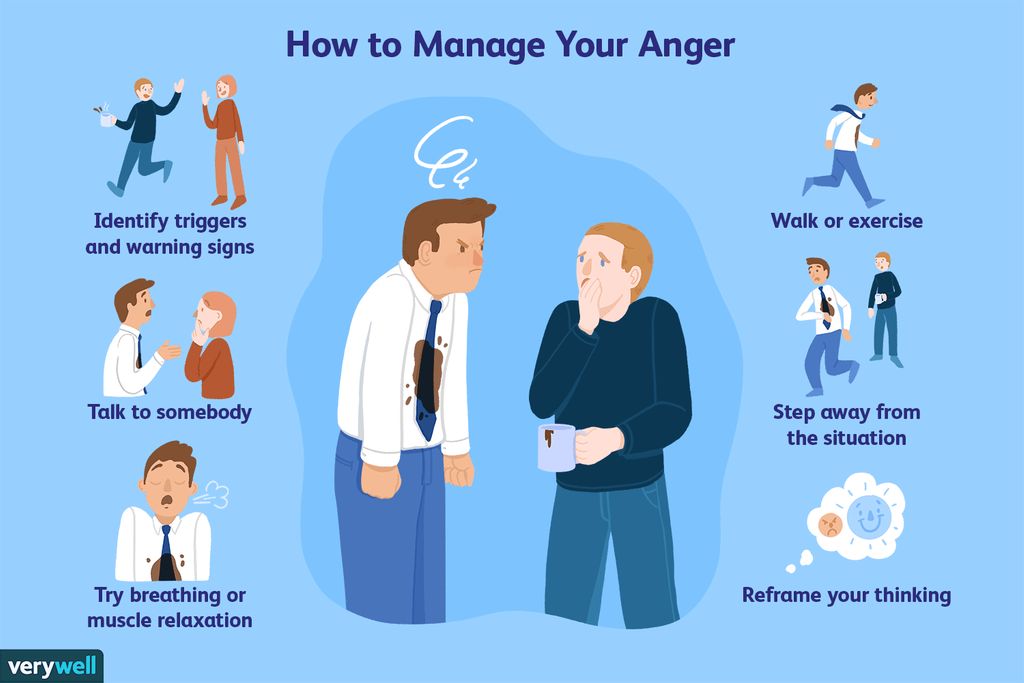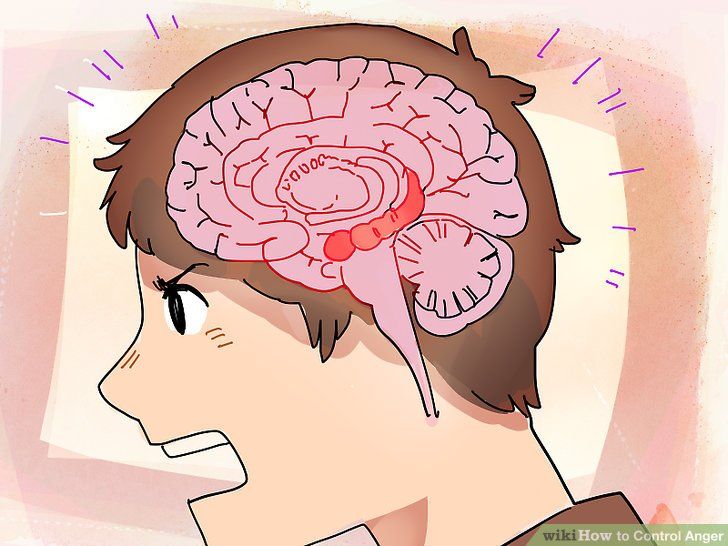Anger Coping
Aug 07, 2019 • 32 views
Anger is an emotional state that is accompanied by physiological and biological changes. When you get angry, your heart rate and blood pressure goes up as do the energy hormones adrenaline and non-adrenaline. Anger can be caused by both external and internal events. You could be angry at a specific person or eventor your anger could be caused by worrying or brooding about your personal problem. Memories of traumatic or enraging events can also trigger angry feelings.
Anger is a natural adaptive response to threats, it inspires powerful feelings and behaviour which allow us to fight and to defend ourselves when we are attacked. A certain amount of anger therefore is necessary for our survival. Because of basic etiquettes, we can’t lash out on every person or object that irritates or annoys us. Laws, social norms and common sense place limits on how far anger can take us. People use a variety of both conscious and unconscious processes to deal with their angry feelings.

The three main approaches are expressing, suppressing and calming. Expressing your angry feelings in an assertive, non aggressive manner is the healthiest manner to let out anger. Being assertive does not mean being pushy or demanding, it means being respectful of yourselves and others. Anger can be suppressed and the converted or redirected. This can be done by holding in your anger, stop thinking about it and focusing on something positive. The aim is to inhibit or suppress your anger and convert it into more constructive behaviour.
The danger in this type of coping method is that if it isn’t allowed outward expression, your anger can turn inwards- on yourself. And this can easily cause hypertension high blood pressure or depression. To calm down, you have to control your outward behaviour as well as the internal responses, taking steps to lower your heart rate, calm yourseld down and let the feeling subside.
Some people are more hot headed than the others, but there are also those who do not show their emotions In loud and aggressive ways, but are always irritable and grumpy. What makes people like these? A number of things. One cause maybe genetics. There is evidence that some children are born irritably touch and easily angered and that these signs are present from a very early age. People who are easily angered come from families that are disruptive, chaotic and not skilled at emotional communication.

Another cause may be socio-cultural. Anger is often regarded as negative, and we are taught that it’s alright to express anxiety, love and other emotions but not anger. As a result, we don’t learn how to handle it constructively.
